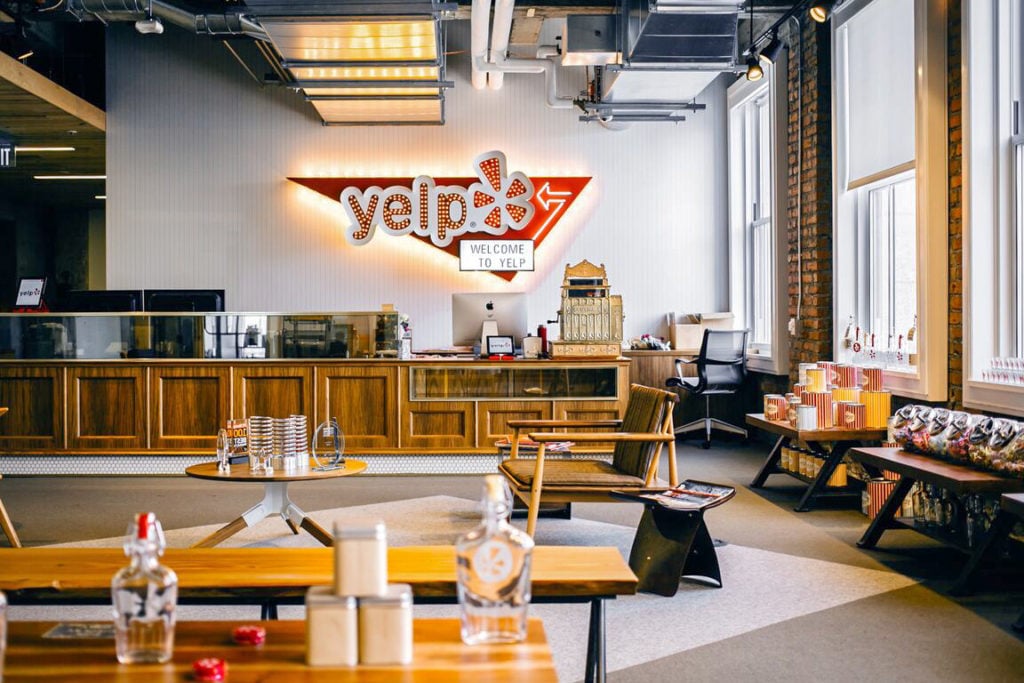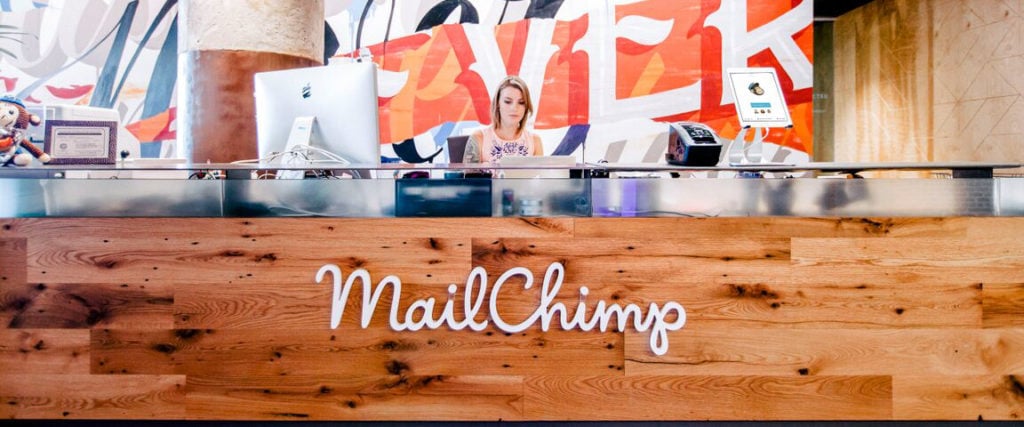He started working at Google at 17 and was an employee at Twitter in its early stages. Now, Larry Gadea is the CEO and Founder of tech service Envoy with customers ranging from Uber to Mailchimp and a speculated USD 200 million valuation.
For most people, applying for a job involves a mental checklist of what you should do. For Larry Gadea, CEO and Founder of visitor registration and management service Envoy, it was doing something he shouldn’t that got him a gig at Google at the tender age of 17. “I’d been modifying Google software through copy protection cracking and instead of getting me in trouble, they asked if I wanted to work there. I said, ‘Absolutely!’ I was 17 and Google was my dream job.” After 4 years there, finishing university on the side, he moved on to Twitter in 2009. “Back then, it was a relatively new company – cool, consumer-based, and rapidly expanding. I wanted to learn about the process involved in creating a successful startup and working at Twitter really helped in that regard.” It also helped him find his own idea for Envoy, an iPad-based registration system now used in over 12,000 offices worldwide, and recently earnt his business a speculated valuation of USD 200 million. Next, he wants to reinvent the office. He talked us through his plans.

For Larry, the idea for Envoy’s first product came about not thanks to a ‘Eureka!’ moment, but from a culmination of his experiences working and visiting tech firms. “I was visiting various companies and noticed the contrast between visitor registration systems: Google, Facebook and Apple have really streamlined systems to look for people, whereas, for smaller companies, there just wasn’t sufficient information for visitors. It could be a challenge to figure out if you were even walking into the right building or who you should talk to upon arrival!”
To solve this issue, he developed a visitor registration product accessible via iPad that collects people’s names and emails, prints badges, allows them to sign a waiver if necessary, connect them automatically with the WiFi, and sends messages via email, Slack or text to their relevant host. Amongst the 12,000 offices it services around the globe, you’ll find names like Uber, Mailchimp and AmericanExpress. With an eye firmly on optimising the experience for both employees and visitors, Larry is at pains to point out that the whole idea is not to make actual people on front desks around the world redundant, but rather to free them up for more useful tasks. “We’re not trying to replace receptionists’ jobs. By automating these tasks, Envoy helps improve efficiency, and the company gains in terms of having front desk staff members perform other tasks that both benefit the company and give them more opportunities to build their skills.”
You might also like Tech Startup DigitalOcean: The Secret To Becoming A Unicorn
Envoy’s product rapidly became a hit – not least because it was so visible, as people all over the Bay Area began to sign in via iPad. “We were lucky that people took to the product almost immediately and brought it to their offices. Even today, 95% of our leads for Envoy are inbound.” This success, however, was not without its problems. “The reality of running a B2B operation is that you have to do a lot of sales and marketing in order to continue the cycle. One issue that arose with our series B when it came to pitching to investors was that, even though the substantial growth of the company meant that people were seeing us everywhere, the numbers in our financial models didn’t reflect that. Our customers were all inbound. We had relied on the product to sell itself, spending basically nothing on marketing or outbound sales. And we definitely could have done a better job earlier on by having a sales team. So, we’re doing all that now. We’ve hired a VP of Marketing, and for Series C, we’re definitely going to ensure our numbers are in a good spot.”

Helping those numbers along have been subsequent product launches. Once they’d nailed the visitor registration process (it’s estimated they take care of 100,000 visitors a day across 17 languages), they turned their hand to deliveries. “There’s a lot of pressure to just keep on updating the one product that is already a smash hit. But, sometimes, you just have to take the risk. We’ve launched a new product for packages coming into offices, checking up on them and sending reminders to the person it’s for.” Next, he has his sights set on the digitisation of entire offices with ideas for the optimisation of everything from meeting rooms and conference calls to aircon and lights. “We have a beta version of another product that’s going around meeting rooms. We’ve taken into account the increase in remote offices in the future. Our engineers are now working on something where you can collaborate with a remote worker with a collaborative whiteboard where you both have AR glasses on.”
For Larry, the success of all this stands or falls on its usefulness to people and its relevance to office life as it morphs before our very eyes. “Focusing on the experience for the buyer and user is what will set you apart from competitors, especially when you’re a B2B. Be obsessive about your consumers in a good way. Dig into everything they do, what features they’re using, and why they use them because user experience is essential to businesses nowadays.” It’s this mentality that drives him to keep developing and exploring new avenues and makes Envoy so clearly a business to watch. That’s not to say he’s missing out on a good time though. “Now that we’re really doubling down on new product development, there’s going to be a lot of trial and error, but it’ll also be a lot of fun!”
Related Articles
ORII: The Smart Ring that Promises a Future of Screenless Connectivity
Meet The Recruitment Platform Changing The Game For Fresh Grads
Australian Tech Firm Removify Helps Businesses Fight Fake News





